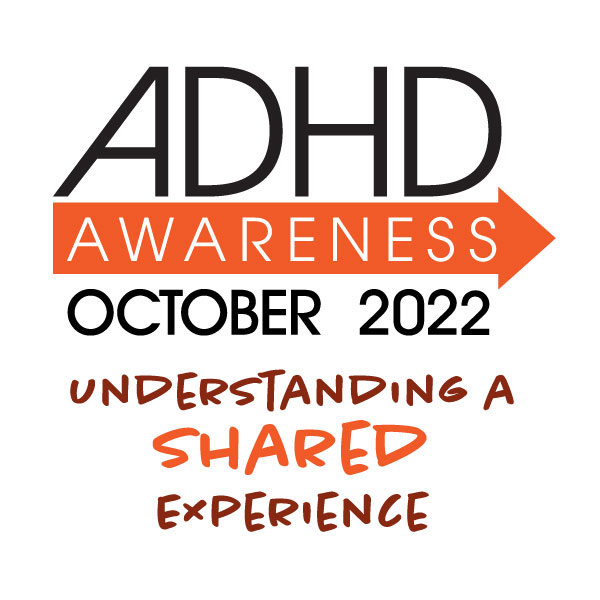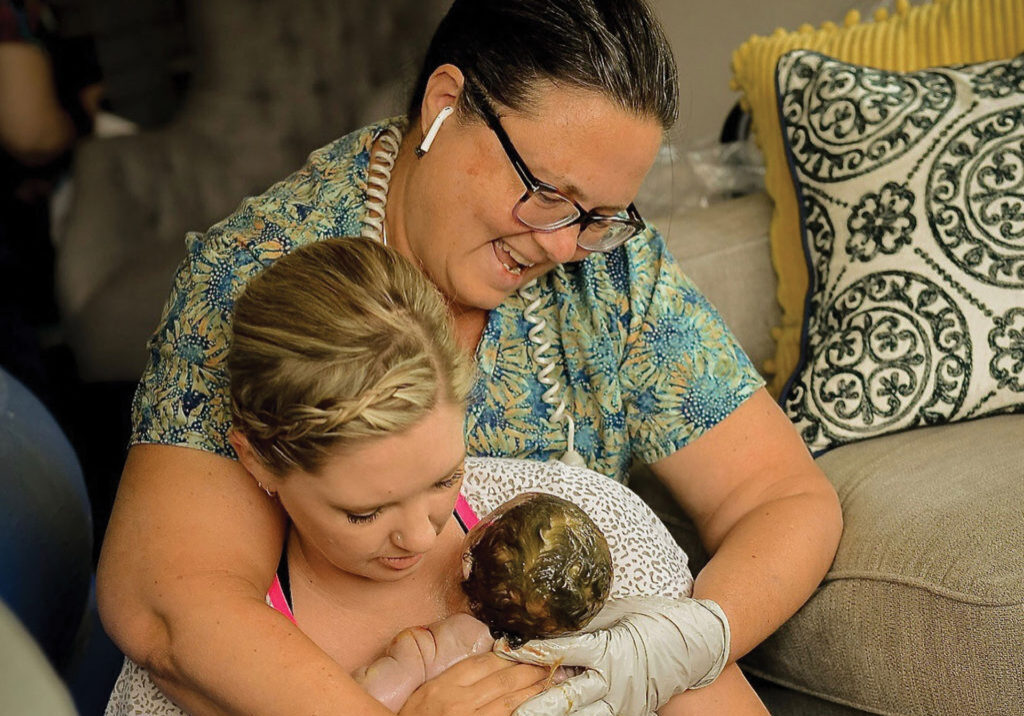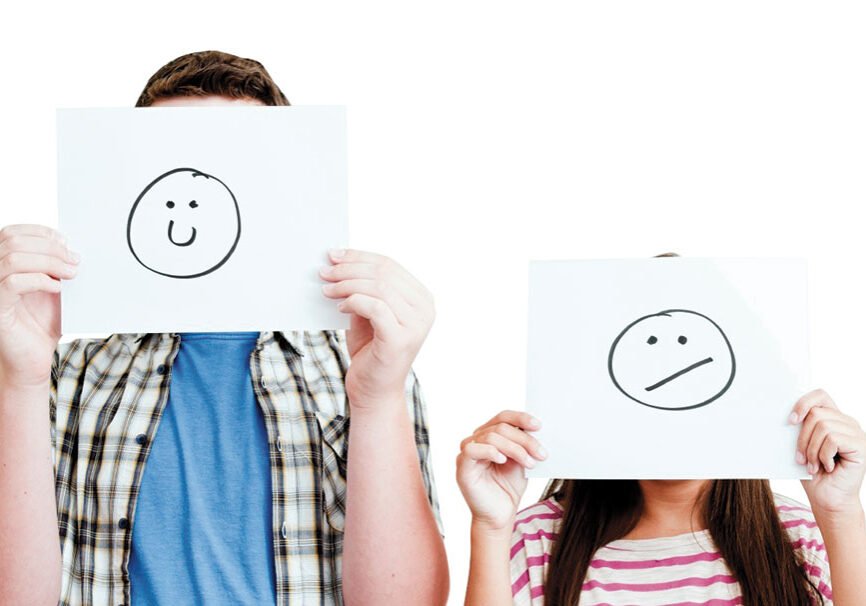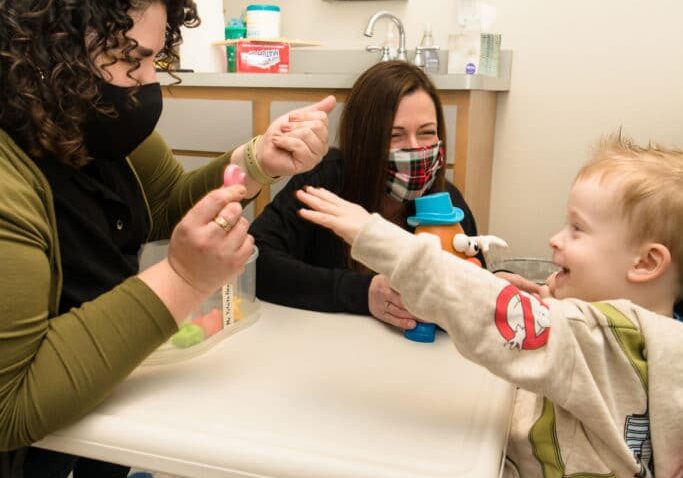 October is ADHD Awareness Month — a good opportunity to learn more about this often misunderstood condition. ADHD stands for attention-deficit/hyperactivity disorder. It’s a condition that is common in all ages and both males and females. It tends to start during the early grade school years and very often persists into adulthood.
October is ADHD Awareness Month — a good opportunity to learn more about this often misunderstood condition. ADHD stands for attention-deficit/hyperactivity disorder. It’s a condition that is common in all ages and both males and females. It tends to start during the early grade school years and very often persists into adulthood.
There are three different types of ADHD, so not everyone who has this condition acts the same way. Amanda Schuh, behavioral health nurse practitioner at Mayo Clinic Health System, explains these three types:
Predominantly inattentive – common symptoms
• Daydreaming
• Losing track of time
• Being easily distracted
• Procrastinating
• Having a hard time finishing tasks
• Seeming not to listen
Predominantly hyperactive-impulsive — symptoms
This is the least common type of ADHD, and tends to happen in very young children.
• Lots of energy — restless, fidgety and can’t sit still
• Impatient
• Blurts out statements, interrupts often
• Aggressive behavior toward others
Combined — symptoms
This is, by far, the most common and most noticeable type.
• Being loud and disruptive
• Prone to breaking rules
• Getting into trouble repeatedly
• Easily distracted
• Frustrated with school
• Difficulty finishing tasks
“While many of those symptoms are just the way kids sometimes behave, a parent may suspect ADHD if it’s consistent behavior lasting longer than six months, occurs at home and school, and causes problems in relationships with other children and adults,” says Schuh.
What about adult ADHD?
Many adults with ADHD aren’t aware they have it — they just know that everyday tasks can be a challenge.
Though it’s called adult ADHD, symptoms start in early childhood and continue into adulthood. In some cases, ADHD is not recognized or diagnosed until the person is an adult. Adult ADHD symptoms may not be as clear as ADHD symptoms in children. In adults, hyperactivity may decrease, but struggles with impulsiveness, restlessness and difficulty paying attention may continue.
Adults with ADHD have similar symptoms, but often somewhat different problems from children. Adults with ADHD might have problems staying organized, remembering things, keeping schedules and managing household responsibilities. There can also be issues with listening to others, interrupting, making very quick decisions and a chronic sense of boredom.
Diagnosis of ADHD in adults can be difficult because some symptoms are similar to those caused by other conditions, such as anxiety or mood disorders. And many adults with ADHD also have at least one other mental health condition, such as depression or anxiety.
There are many things ADHD is not
It has nothing to do with intelligence. Many brilliant people in our history have had ADHD, such as Benjamin Franklin and John F. Kennedy. Also, ADHD has nothing to do with being lazy, lacking self-control or not trying hard enough. People with ADHD simply have brains that work differently than those without the disorder.
Treatment for ADHD
Treatment typically can include two approaches. The first involves learning techniques to help improve organization, completion of tasks, time management and strategies to improve impulse control. The second type of treatment is medication. Many people benefit from a combination of both.
“Evaluation and treatment should be considered when the problems caused by ADHD are either making it hard to function at school, home, work or in relationships, or are causing suffering for the person with ADHD,” adds Schuh. “A mental health professional can perform an evaluation and determine if ADHD is present.”
What’s typical behavior and what might be ADHD?
Most healthy children are inattentive, hyperactive or impulsive at one time or another. It’s typical for preschoolers to have short attention spans and be unable to stick with one activity for long. Even in older children and teenagers, attention span often depends on the level of interest.
The same is true of hyperactivity. Young children are naturally energetic — they often are still full of energy long after they’ve worn their parents out. In addition, some children just naturally have a higher activity level than others do. Children should never be classified as having ADHD just because they’re different from their friends or siblings.
Children who have problems in school but get along well at home or with friends are likely struggling with something other than ADHD. The same is true of children who are hyperactive or inattentive at home, but whose schoolwork and friendships remain unaffected.
When to see a doctor
If you’re concerned that your child shows signs of ADHD, see your pediatrician or family doctor. Your doctor may refer you to a specialist, such as a developmental-behavioral pediatrician, psychologist, psychiatrist or pediatric neurologist, but it’s important to have a medical evaluation first to check for other possible causes of your child’s difficulties.
For adults, it’s important to recognize that almost everyone has some symptoms similar to ADHD at some point in their lives. If your difficulties are recent or occurred only occasionally in the past, you probably don’t have ADHD. ADHD is diagnosed only when symptoms are severe enough to cause ongoing problems in more than one area of your life. If the symptoms are persistent, the best first step is to talk to your doctor about whether you might have ADHD; seek a provider who has training and experience in caring for adults with ADHD.
Resource: Children and Adults With ADHD serves as a clearing house for evidence-based information on ADHD, has a directory of ADHD clinics and practitioners; and offers videos, webinars, blogs and podcasts to support parents and others.
Posted in: Health & Nutrition, Special Needs
Comment Policy: All viewpoints are welcome, but comments should remain relevant. Personal attacks, profanity, and aggressive behavior are not allowed. No spam, advertising, or promoting of products/services. Please, only use your real name and limit the amount of links submitted in your comment.
You Might Also Like...

Less is More With Healthy, Pure Ingredients at Sarah Major’s Simple Living Company
To ensure good health: eat lightly, breathe deeply, live moderately, cultivate cheerfulness, and maintain an interest in life. — William Londen This timeless advice embodies Sarah Major’s “less is more” […]

Choosing Where to Give Birth
Where your baby will be born is a matter of utmost importance. Hospital, home, or birth center—sit down with your partner and have a cup of pregnancy tea as you […]

Summer Treats: Whole Fruit Popsicles
Cool down this summer with homemade fruit Popsicles. You’ll save money and reduce wasteful packaging by making your own. Plus, by adding in pieces of whole fruit, these healthy treats […]

Teens, Depression and Nutrition: Assessment and Support
According to the National Alliance of Mental Illness (NAMI) approximately 1 in 5 youths ages 13 to 18 experience a severe mental disorder at some point during their lives. What […]



